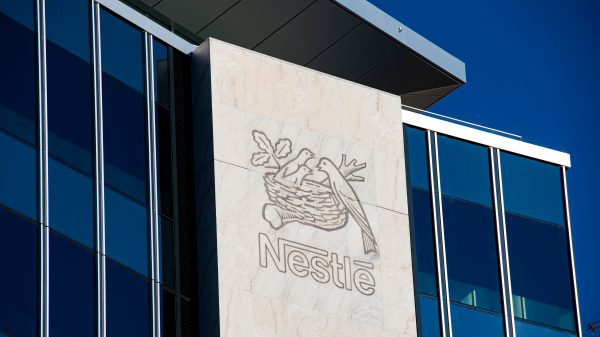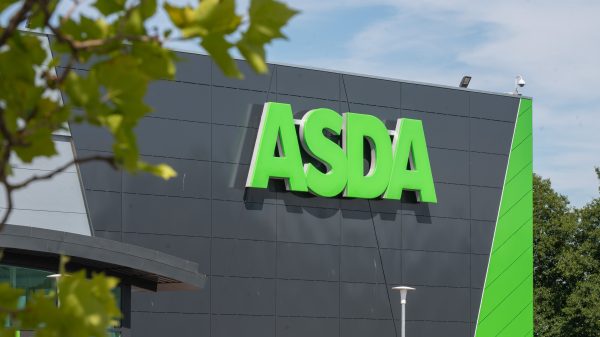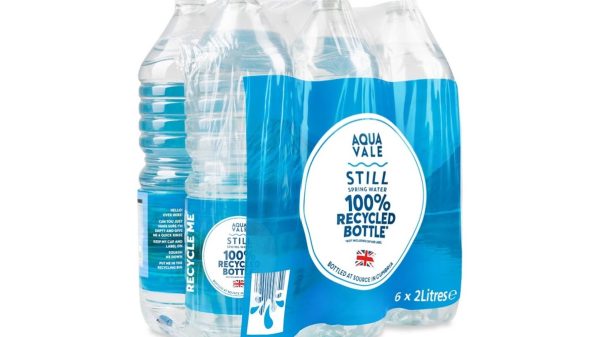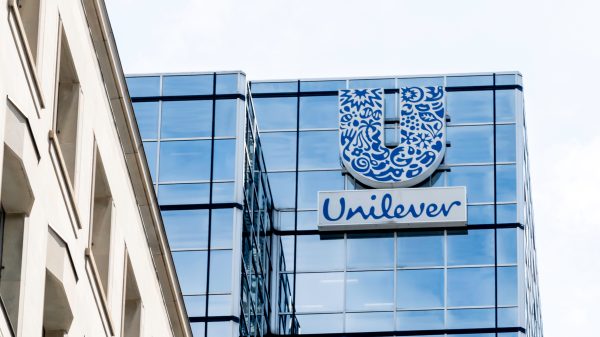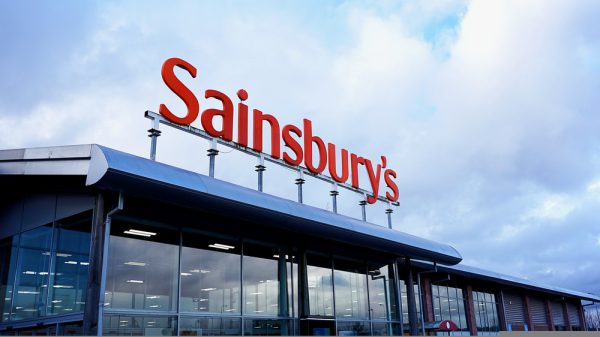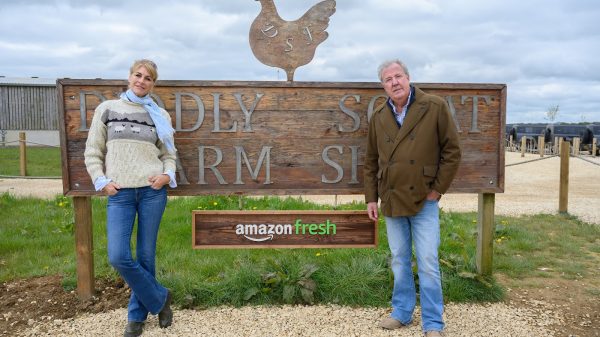Supermarket sales of fresh produce and salad have dropped as shortages affect category growth with grocers struggling to meet demand for certain products, such as tomatoes.
According to newly published data by NIQ (previously NielsenIQ) unit sales declined by 17.6% with vine tomatoes worse hit with a drop in sales of 28.9%, followed closely by peppers, which were down by 16.8%. However, value sales for products that were more readily available – such as lettuce and cucumber increased (by 13.7% and 31.8% respectively) despite limited availability.
The data also revealed that total grocery sales grew by 11.1% in the four week-period ending 25 February 2023, up from 7.6% recorded in January. This was largely as a result of continued accelerating food inflation.
Despite this – and due to the lack of availability in some fruit and veg lines which impacted supermarket sales in the last two weeks of that period – NIQ found that total value sales for the fresh produce category grew by just 1.1%, with a unit decline of 5.4%.
Subscribe to Grocery Gazette for free
Sign up here to get the latest grocery and food news each morning
The consumer intelligence company states that although inflation is still rising, shoppers’ varying coping strategies and the additional private-label price cuts by supermarkets are helping to alleviate the impact of inflation on shopping baskets.
Valentine’s Day saw an 8.2% boost in spending in the UK despite the ongoing cost-of-living squeeze, as there was incremental spend for Valentine’s Day and over the February half-term which helped lift value growths to 8.2%.
Compared to last year, there was an increase in sales for boxes of chocolates (23%), fresh roses (20%), mixed floral bunches (14%) and sparkling wine (4%) with many households enjoying the occasion at home with a “Dine in” meal deal.
According to NIQ, in-store supermarket visits continue to rise (8.7%) and sales at stores are up (13.1%) – although this comes at the expense of online sales, which fell by 2.5% as a result of fewer shoppers and less spend.
While discount supermarkets Aldi and Lidl continued to gain market share (with growth of 25.6% and 21.1% respectively), NIQ data revealed that convenience store value sales grew by 8% with volume sales up by just 1.4% – suggesting that some shoppers are choosing to visit convenience stores in order to limit their overall grocery spend.
“Promotional spend continues to be low and stable at 20% of all FMCG sales with longer-term price cuts and price locks now favoured by retailers and preferred by shoppers to short-term promotions,” NIQ’s UK head of retailer and business insight Mike Watkins said.
He added: “This also helps give shoppers more price transparency across different retailers which is important when prices are increasing.
“The attractive pricing around Valentine’s meal offers gave a boost to some discretionary categories which suggests that shoppers are still looking to trade up for special events and spend on treats and indulgences, provided they can make savings on everyday grocery items.”
“Discounters sales continue to accelerate and we currently have the fastest growth in this channel over the last decade.
“With food and drink inflation not expected to slow just yet and shoppers paying more for all essential items (including their energy bills) we can expect lower prices – in particular supermarkets’ own label ranges – to be the key messaging from all retailers over the next four to six months.”




